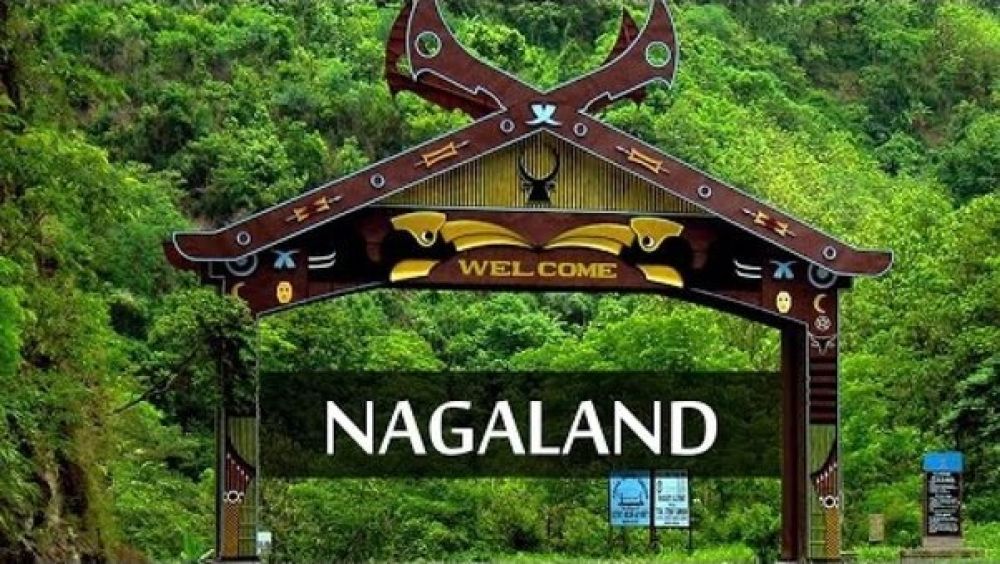

Nagaland, located in the northeastern part of India, is known for its rich cultural heritage, vibrant festivals, and picturesque landscapes. The history of tourism in Nagaland has been shaped by its unique tribal culture, and more recently, by efforts made towards promoting responsible and sustainable tourism.
Tourism in Nagaland in the early days was not formally established. It was mainly comprised of intrepid explorers, anthropologists, and missionaries who were drawn by the allure of the unknown and the distinctive way of life of the various Naga tribes. These early visitors gained insight into the Naga society, which is a tapestry woven from the threads of 16 tribes, each with their own languages, traditions, and customs.
Post-independence, the Indian government recognized the potential of Nagaland as a unique tourist destination. However, due to political unrest and issues concerning insurgents, tourism development was quite slow. It was not until the late 20th century that the situation began to improve, paving the way for a more structured tourism industry.
The inception of the Hornbill Festival, launched in the year 2000 by the State Government, marked a significant turning point for tourism in Nagaland. Celebrated every December, it showcases the traditions, crafts, sports, and cuisines of the Naga tribes. The festival has become a powerful magnet for tourists, both domestic and international, looking to experience the essence of Naga culture.
In recent years, there has been a conscious effort to promote ecotourism and adventure tourism in Nagaland. Its lush hills, valleys, and rich biodiversity offer ample opportunities for trekking, rock climbing, and exploring. Places like the Dzükou Valley and Japfü Peak have become favorite spots for nature enthusiasts and trekkers.
Another trend in the Nagaland tourism scene is the rise of homestays. These provide visitors with an immersive experience, allowing them to live among the locals and learn about Naga way of life. This form of tourism not only supports the local economy but also helps in preserving the cultural integrity of the tribes.
Today, Nagaland is emerging as a niche destination for those seeking cultural interactions, adventures, and serene landscapes. With improved infrastructure and connectivity, along with initiatives by the Government of Nagaland, there is a strong emphasis on sustainable tourism that respects the environment and local cultures.
Drastic improvements in peace and security have played a crucial role in the growth of tourism. Although certain areas still require permits for visitors (Inner Line Permit), the process has been streamlined to encourage more tourists without compromising the safety and well-being of the region.
Despite the challenges posed by the COVID-19 pandemic which has affected tourism worldwide, Nagaland is poised for a gradual tourism revival with emphasis on safety, health protocols, and sustainable development models that could set an example for remote tourism regions in India and across the globe.
The history of tourism in Nagaland has come a long way, from the days of explorers to becoming a heartwarming host for cultural and adventure seekers. With continued efforts to safeguard the natural and cultural treasures of Nagaland, the future of tourism in this enchanting state looks bright and promising.